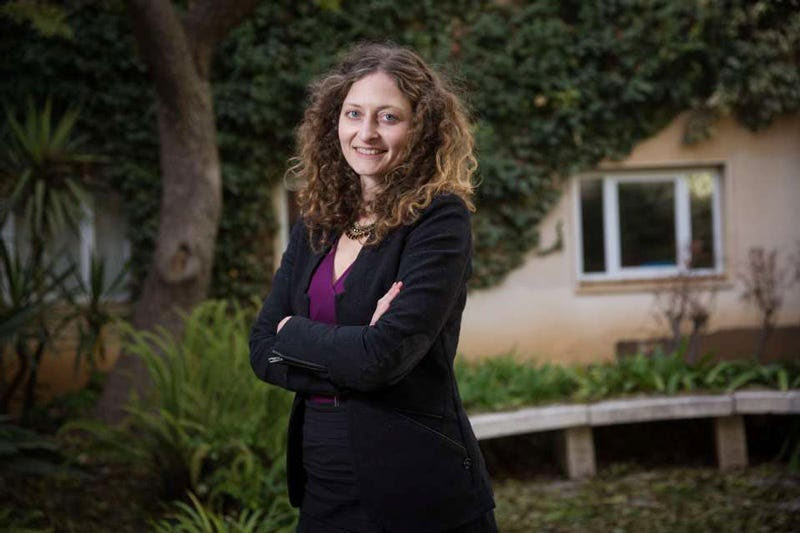Black Sabbath: not meant to be overly complicated . . .
This coming Shabbat is: Shabbat Chazon (Which can be translated as the “Sabbath of Vision” / שבת חזון) and is named for the “Vision of Isaiah over Judah and Jerusalem” (here: Isaiah 1:1-27). It s read as the Haftarah on this coming Shabbat (which concludes the period of time called “the three weeks” — all of which culminates in the fast of Tisha B’Av.
It is also called the ‘Black Sabbath’ because of Isaiah’s prophecy predicting the destruction of the First Temple (in the Siege of Jerusalem). It is known as the saddest Shabbat of the year (as opposed to the ‘White Sabbath,’ which is known as Shabbat Shuvah (the Shabbat which sits between Rosh Hashanah and Yom Kippur).
What exactly is going on here . . . seems like we’ve been here before.
_________
The VISION of Isaiah the son of Amoz, which he saw concerning Judah (‘a surviving Kingdom’) and Jerusalem in the days of Uzziah, Jotham, Ahaz, and Hezekiah, kings of Judah.” (Isaiah 1:1-1:27)
The Hebrew word ‘Chazon’ {חזון} (‘vision’) is very common in the Book of Isaiah in particular and the other books of the prophets in general. It is derived from the Hebrew root Ch-Z-H {ח-ז-ה} which means ‘to see.’
The Hebrew learners who read this are probably thinking now about the other (more common) Hebrew word for ‘seeing’ – ‘Lir-Rot’ {לראות}. Well, both of these Hebrew words mean ‘to see.’ However, ‘Lir-Rot’ is the simple act of seeing and ‘La-Chazot’ {לחזות} (the verb form of ‘Chazon’) implies more than just simply seeing and is usually strongly connected to envisioning the future. Maybe even more than seeing – maybe having a hand in playing out the future.
Here’s an appropriate use of the word:
“Ve-Techezena Eineinu Be-Shuv’cha Le-Tziyon Be-Rachamim”
{ותחזינה עינינו בשובך לציון ברחמים} which means in somewhat straightforward English:
“May our eyes BEHOLD Your return to Tziyon in compassion.” (here, this second translated word is often associated with the word for ‘womb’ and importantly, in having a hand in (the future) of delivering a baby).
For those who would like to do a little more reading on a distinct lack of vision which currently permeates the current Israeli system . . . a lack of vision which could rip apart the most important Jewish expression of Judaism the Jewish people have come to know in the last two thousand years . . . — here — from the desk of Danny Gordis writing and speaking from Jerusalem.
My Warning: this is a lot to think through:
- A decade after American independence, it had become clear to many of America’s leaders that the Articles of Confederation were failing. America’s founders had created a governmental system that simply did not work. Congress could not raise money. The federal government was unable to quell insurrections. People had lost faith in the system. If the United States did not dramatically revise its system of government, it was going to collapse. What followed was the Constitutional Convention, then the ratification of the Constitutions and amendments over the years—a system that, while highly imperfect, has weathered storms of all sorts and has sustained the United States for more than two centuries.
- Three-quarters of a century in, Israel is in a similar place to America under the Articles of Confederation, argue a group of Israeli scholars, thinkers, and activists. The way it is set up, the Knesset cannot effectively govern, and that, coupled with many other factors, has created a moment in which Israeli society is ripping itself to shreds.
- Here Introducing a new take on Vision: Professor Barak-Corren’s now seminal paper on judicial reform—why Israel does need judicial reform, why the proposed reforms would do great damage, and what sensible reform would look like—went viral when it was translated into English. ergo
- You can access it here.
Israel needs its own constitutional convention, argues Professor Netta Barak-Corren of the Hebrew University Law School (she will be at Princeton this coming year). She and six colleagues — including religious, secular, Haredi, Arab, women, men — have now released a proposal for how this constitutional convention, which they are calling a Constituent Assembly in light of the Constituent Assembly the Declaration of Independence promised).

